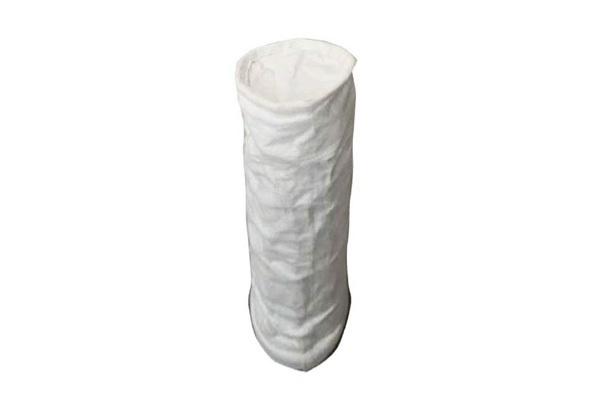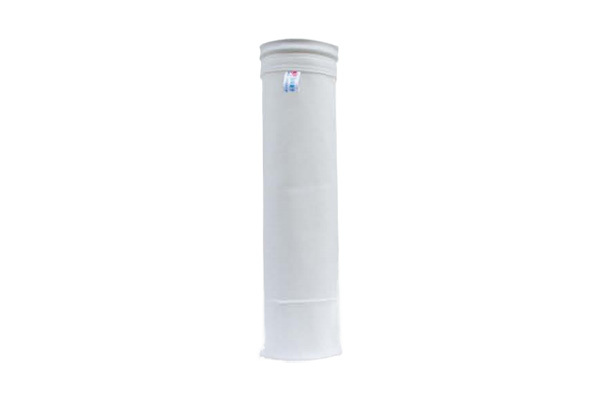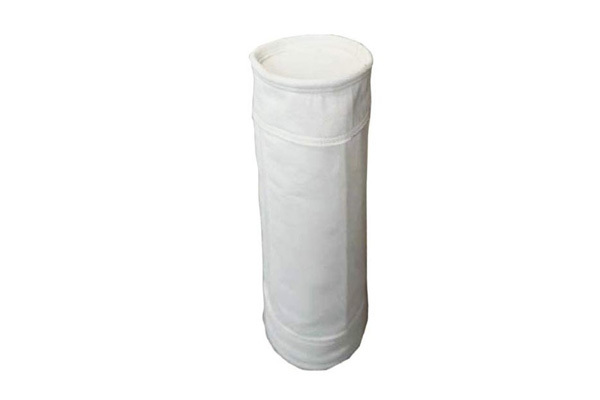Maximizing Efficiency: How Filtration Cartridges Enhance Industrial Processes
Release time:
2025-04-24
Maximizing Efficiency: How Filtration Cartridges Enhance Industrial Processes Table of Contents 1. Introduction to Filtration Cartridges 2. The Importance of Filtration in Industrial Applications 3. How Filtration Cartridges Work 4. Types of Filtration Cartridges 5. Benefits of Using Filtration Cartridges 6. Applications of Filtration Cartridges in Various Industries 7
Maximizing Efficiency: How Filtration Cartridges Enhance Industrial Processes
Table of Contents
- 1. Introduction to Filtration Cartridges
- 2. The Importance of Filtration in Industrial Applications
- 3. How Filtration Cartridges Work
- 4. Types of Filtration Cartridges
- 5. Benefits of Using Filtration Cartridges
- 6. Applications of Filtration Cartridges in Various Industries
- 7. Best Practices for Implementing Filtration Cartridges
- 8. Conclusion
- 9. Frequently Asked Questions
1. Introduction to Filtration Cartridges
Filtration cartridges are essential components in many industrial processes, designed to remove impurities from fluids or gases. By optimizing the quality of the input materials, they play a crucial role in enhancing overall operational efficiency. Industries ranging from manufacturing and pharmaceuticals to food processing and wastewater treatment rely on effective filtration systems to maintain product integrity and uphold safety standards. This article explores the various ways filtration cartridges can maximize operational efficiency, focusing on their functionality, benefits, and applications.
2. The Importance of Filtration in Industrial Applications
In industrial settings, the quality of raw materials directly affects the final product. Contaminants can lead to equipment damage, increased downtime, and compliance issues. Proper filtration is essential for:
- **Protecting Equipment**: By removing particulate matter, filtration cartridges extend the lifespan of machinery and reduce maintenance costs.
- **Improving Product Quality**: Consistent filtration ensures that end products meet the necessary quality standards, minimizing defects and rework.
- **Compliance**: Many industries face stringent regulatory requirements regarding emissions and waste. Effective filtration helps companies meet these legal obligations, avoiding costly fines and reputational damage.
3. How Filtration Cartridges Work
Filtration cartridges function by encouraging the flow of contaminated fluids through a porous medium. The filtration process typically involves several mechanisms:
- **Mechanical Filtration**: Particles are physically trapped in the filter material, effectively removing them from the fluid stream.
- **Depth Filtration**: This method allows for the passage of liquid through a thick layer of filter media, which captures particles throughout its depth rather than just on the surface.
- **Adsorption**: Certain materials can attract and hold contaminants, enhancing the filtration process.
The choice of filtration technology depends on the specific application and the types of contaminants present in the fluid.
4. Types of Filtration Cartridges
Different types of filtration cartridges cater to various industrial needs:
4.1. Depth Filters
Depth filters consist of thick media that capture impurities throughout their structure. Ideal for high-viscosity fluids, they are commonly used in oil and petroleum industries.
4.2. Surface Filters
Surface filters trap contaminants on the surface of the filter material. These are typically used for applications requiring high clarity, such as in food and beverage processing.
4.3. Activated Carbon Filters
These filters utilize activated carbon to adsorb organic compounds and chlorine. They are widely used in water treatment processes.
4.4. Membrane Filters
Membrane filtration is highly effective for removing small particles and microorganisms. They are essential in applications such as pharmaceutical production and biotechnology.
5. Benefits of Using Filtration Cartridges
Utilizing filtration cartridges in industrial processes offers numerous advantages:
5.1. Enhanced Efficiency
By ensuring cleaner input materials, filtration cartridges lead to smoother operations and less downtime due to equipment failure. This efficiency translates into cost savings and increased productivity.
5.2. Improved Product Quality
Consistent filtration results in fewer impurities in the final product, enhancing quality and consumer satisfaction.
5.3. Reduced Maintenance Costs
Filtration cartridges can extend the lifespan of machinery by preventing wear and tear due to contaminants, ultimately lowering maintenance and replacement costs.
5.4. Environmental Compliance
With stricter regulations on emissions and waste management, filtration systems help businesses adhere to guidelines, reducing legal risks.
6. Applications of Filtration Cartridges in Various Industries
Filtration cartridges find applications across numerous sectors, each benefiting from tailored filtration solutions:
6.1. Manufacturing
In manufacturing settings, filtration cartridges safeguard machinery and ensure product quality by removing particulate matter from lubricants and coolants.
6.2. Pharmaceuticals
The pharmaceutical industry relies heavily on filtration cartridges to achieve sterile conditions and remove contaminants from production processes.
6.3. Food and Beverage
Filtration cartridges are integral to maintaining the quality and safety of food products by removing impurities and pathogens from raw materials.
6.4. Water Treatment
In water treatment facilities, filtration cartridges help purify drinking water and manage wastewater, ensuring compliance with health standards.
6.5. HVAC Systems
In heating, ventilation, and air conditioning (HVAC) systems, filtration cartridges maintain air quality by trapping dust, pollen, and other airborne pollutants.
7. Best Practices for Implementing Filtration Cartridges
To maximize the benefits of filtration cartridges, industries should adhere to best practices:
7.1. Regular Maintenance and Replacement
Establish a schedule for inspecting and replacing filtration cartridges to ensure optimal performance. Regular maintenance helps avoid unexpected downtime.
7.2. Selecting the Right Filtration Technology
Understand the specific needs of your application and choose the appropriate filtration technology to achieve the best results.
7.3. Monitoring Performance
Utilize performance metrics to assess the effectiveness of filtration cartridges, making adjustments as needed to improve efficiency.
7.4. Training Personnel
Ensure staff are well-trained in the operation and maintenance of filtration systems to optimize their functioning and longevity.
8. Conclusion
Filtration cartridges play a pivotal role in enhancing efficiency across various industrial processes. By investing in high-quality filtration systems, businesses can protect their equipment, improve product quality, ensure compliance, and ultimately save costs. Understanding the different types of filtration cartridges and their specific applications can empower industries to make informed decisions, leading to significant operational improvements. As industries continue to innovate and evolve, the importance of effective filtration systems will only grow, making them essential components in the quest for efficiency and sustainability.
9. Frequently Asked Questions
9.1. What are filtration cartridges made of?
Filtration cartridges can be made from various materials, including paper, fiberglass, activated carbon, and synthetic materials, depending on the application and contaminants being filtered.
9.2. How often should filtration cartridges be replaced?
The replacement frequency of filtration cartridges depends on the type of application and the levels of contamination. Regular monitoring and maintenance can help determine the right replacement schedule.
9.3. Can filtration cartridges be used for both liquid and gas filtration?
Yes, many filtration cartridges are versatile and can be used for filtering both liquids and gases, but it's essential to select the appropriate type for each specific application.
9.4. Are there eco-friendly filtration options available?
Yes, there are eco-friendly filtration cartridges made from sustainable materials and designed to minimize waste and environmental impact.
9.5. How do I choose the right filtration cartridge for my application?
Consider factors such as the type of contaminants, flow rate requirements, and specific industry regulations while selecting the appropriate filtration cartridge for your needs.
latest News










